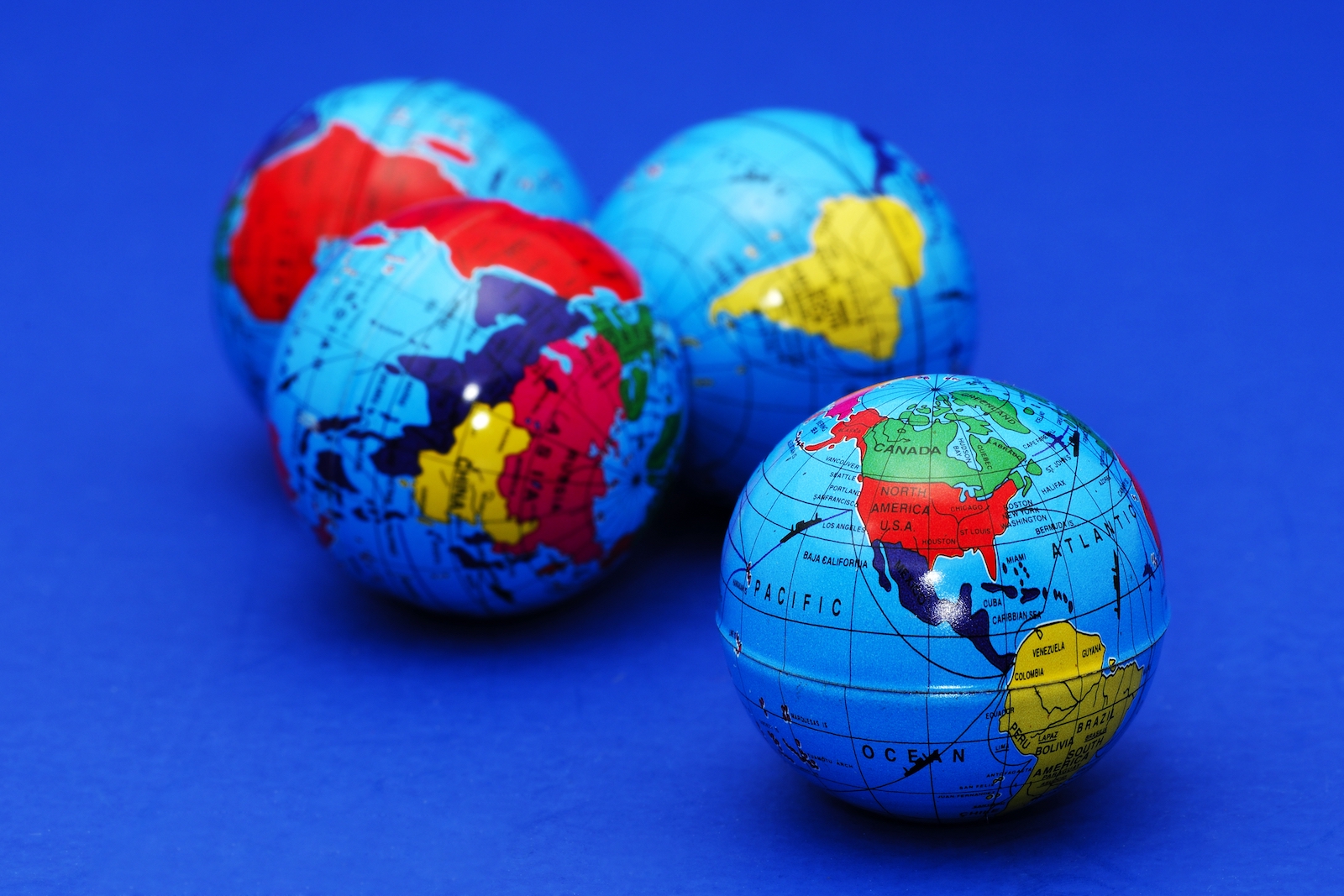
Russia, China, and the U.S. Test the Guardrails
For nearly eight decades, the world lived under a fragile understanding: that great powers, however ambitious, would be constrained by law, custom, and restraint. The rules-based order was never pristine—often selective and sometimes hypocritical—but it sustained the audacious idea that might could be moderated by principle. That premise is now in jeopardy. Across continents, three powers—Russia, China, and the United States—are testing those guardrails in distinct ways: through force, patience, and unilateralism. The result is an age of adventurism, in which old assumptions falter and civilians, economies, and brittle institutions absorb the shocks.
Russia’s war in Ukraine is the clearest rupture. The Kremlin casts its invasion as defensive—an answer to NATO’s eastward expansion after the Soviet collapse that left Russia feeling encircled and exposed. That insecurity is real enough to explain Moscow’s rhetoric of survival rather than conquest. It does not excuse the decision to choose war over diplomacy. Russia’s attack violates international law and the UN Charter. The costs are staggering: thousands dead, millions displaced, and cities cratered by bombardment. A “special operation” meant to be swift hardened into a grinding conflict, as Ukrainian resistance blunted Russia’s aims and sanctions narrowed its prospects.
China’s method is different: deliberate, disciplined, and deeply tied to the global economy. Beijing has avoided major wars and—unlike Washington—has not made a habit of expeditionary interventions far from home. It seeks to shape institutions it did not build rather than to demolish them. Where Moscow moves from perceived vulnerability and Washington from a habit of unilateral confidence, Beijing advances with patience and calculation, favoring stability when it serves its interests.
Caution is not passivity. Beijing insists that Taiwan is an integral part of China—a claim grounded in its historical narrative and fiercely disputed by others. Its posture in the South China Sea likewise leans on expansive readings of the past. By pressing these claims, China elevates sovereignty over universal rights and treats its version of history as a policy lodestar. That stance unsettles neighbors and tightens regional fault lines, even as it still stops short of the open, law-shredding aggression on display in Ukraine.
The most unsettling tension, however, lies with the United States—the primary architect and chief guarantor of the postwar system—which has at times undercut it. During President Donald Trump’s first term, Washington stepped back from multilateral commitments, levied punitive tariffs, and pared support for the UN. Yet the U.S. is neither Russia nor China. It remains, at base, a system-preserving power whose inconsistent interventions have also stabilized fragile regions.
American diplomacy helped avert wider war in South Asia, mediated in the Balkans, and underwrote an uneasy peace in East Asia for decades. That ambivalence—part unilateral impulse, part indispensable restraint—both weakens and sustains the order.
The erosion of norms is not abstract; it is measured in human lives. Urban neighborhoods in Ukraine, humanitarian catastrophe in Gaza, and Sudan’s vast refugee flows testify to a world in which rules look optional and the vulnerable pay first. Economic shockwaves radiate outward: Russia’s war spiked grain prices, endangering food security across Africa and the Middle East. Chinese assertiveness unsettles crucial shipping lanes. Intensifying U.S.–China rivalry scrambles supply chains for semiconductors, fertilizers, and energy, amplifying inflation and political anxiety far from the front lines.
Institutions fray with every breach. If the powerful disregard norms without consequence, others will draw the lesson. From Azerbaijan and Armenia to Turkey in Syria, regional actors have absorbed the new tutorial: strike first, weather the reprimands, expect impunity. The UN Security Council—conceived as the chamber where power and order might be reconciled—has ossified into gridlock. The veto, designed to keep great powers at the table, now ensures paralysis whenever a permanent member or its ally is implicated.
History’s warning is unambiguous: orders collapse when the gap between norms and behavior grows too wide. The League of Nations failed not for lack of parchment but for lack of will; it could neither deter Mussolini nor restrain Hitler or Imperial Japan. The post-1945 system faces a similar stress test today.
From here, three futures suggest themselves. One is collapse: norms dissolve and major war becomes a matter of time. A second is the emergence of a credible third force—a coalition of middle powers, from India and the European Union to pivotal African and Asian states—capable of championing a multipolar yet rules-anchored order. The third, and most plausible, is adaptation: imperfect but real reform that deepens enforcement, reconfigures the Security Council, and revives habits of cooperation.
At the root of these paths lies a paradox. The powers straining the system insist they act out of fear, not swagger. Vladimir Putin invokes NATO encirclement; Beijing warns of Western containment; Washington frets about relative decline. Whether these threats are real or conjured, they have become the justification for defiance. Insecurity, more than confidence, animates today’s challenge to norms.
Accountability cannot remain a slogan. Leaders who violate sovereignty and abuse rights must face consequences—through the International Criminal Court, targeted sanctions, and diplomatic isolation. Law must bind the strong as well as the weak. Institutions must evolve: a Security Council designed in 1945 cannot credibly referee 2025. Rising powers deserve representation; the veto requires curbs; multilateralism must be rebuilt rather than merely invoked. Civil society belongs in that architecture: documentation, advocacy, and relentless scrutiny cannot stop missiles, but they preserve moral clarity and lay the groundwork for justice.
The early twenty-first century offers a bleak lesson: recklessness can pay. The war in Iraq went largely unpunished; Crimea remains contested; China’s artificial islands are militarized facts. Resignation would be tempting—and fatal. For nearly eight decades, the rules-based order helped prevent great-power war, codified rights, and lubricated global trade. It was flawed, but better than a world ordered solely by brute force.
Russia’s insecurity, China’s gradualism, and America’s ambivalence now threaten to replace that imperfect order with one in which the strong decide and the vulnerable absorb the harm. The human, economic, and moral costs are immense. Yet the future is unwritten. Crises can catalyze reform. Whether this order crumbles—or is remade stronger—will depend on whether states, institutions, and citizens choose principle over power.
